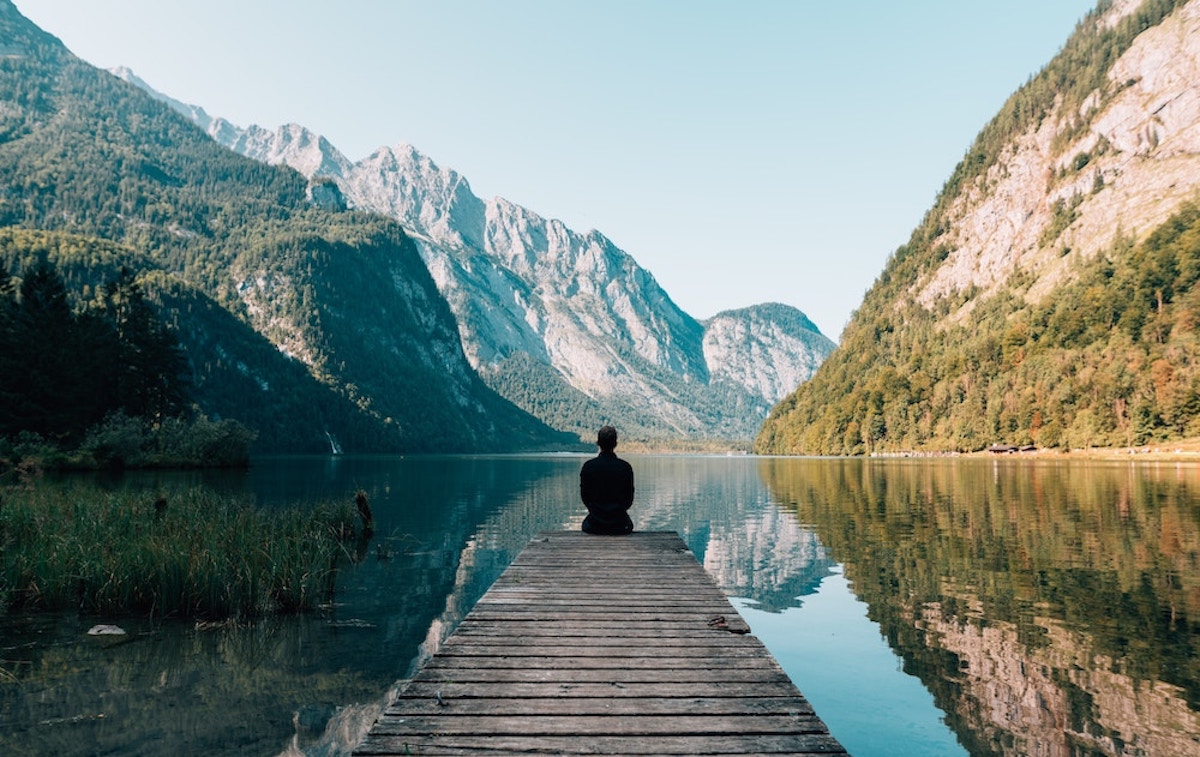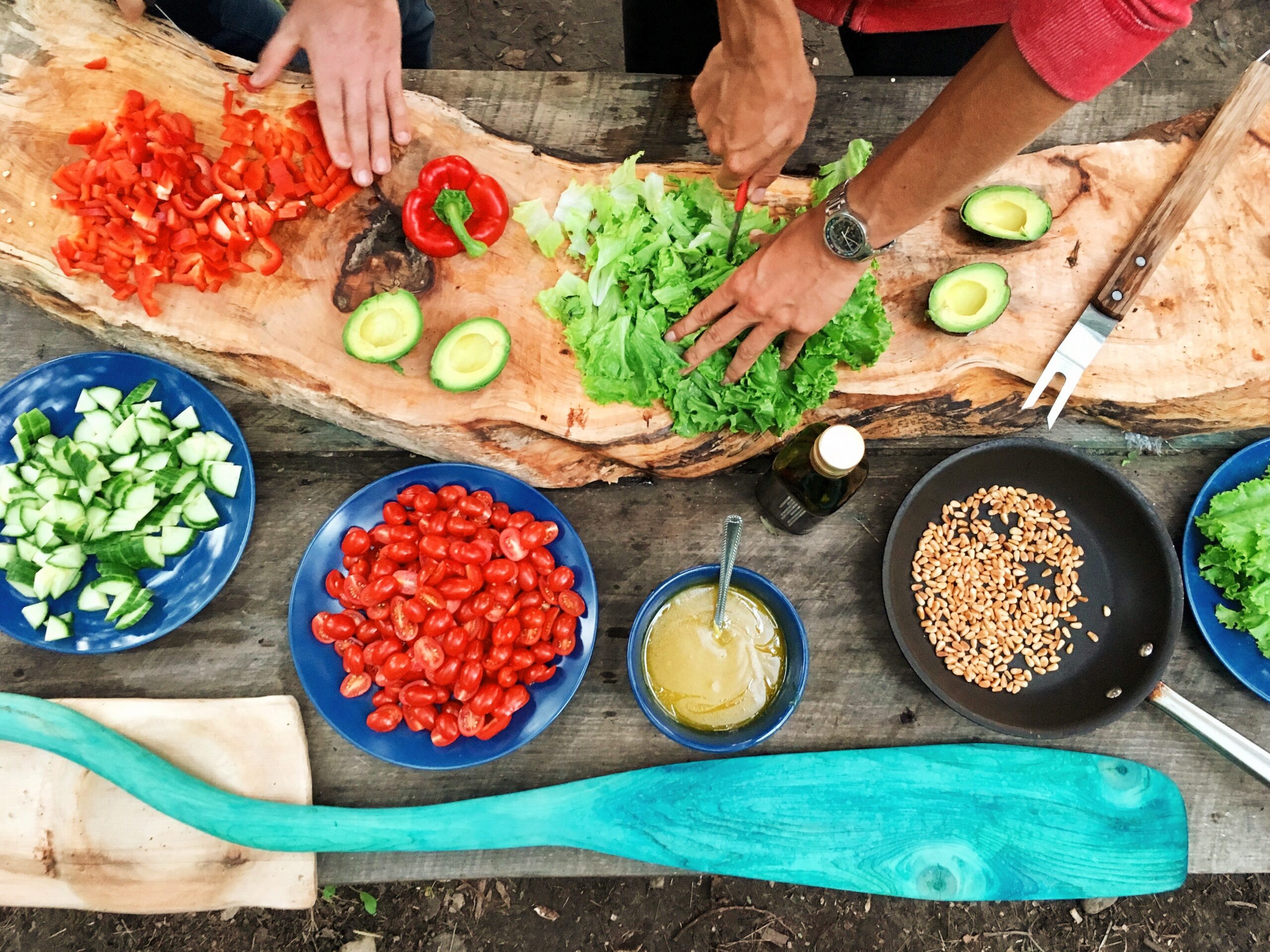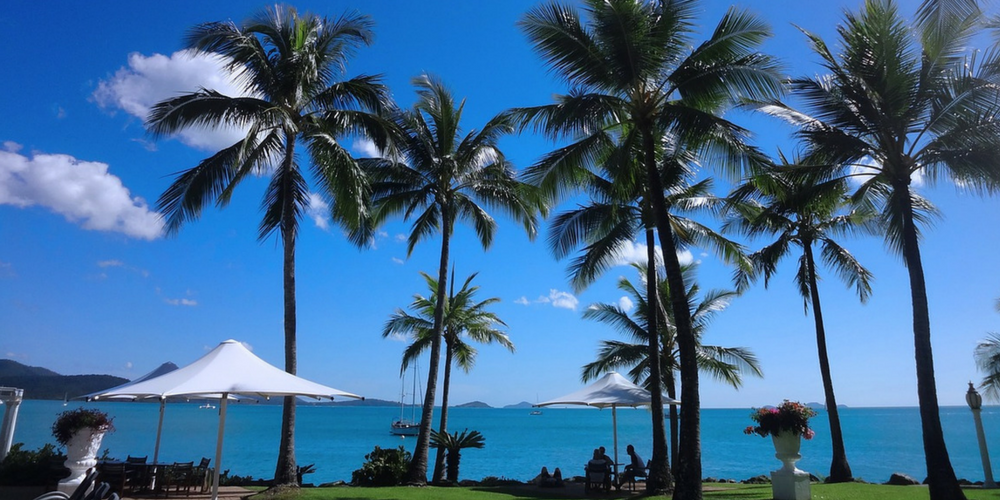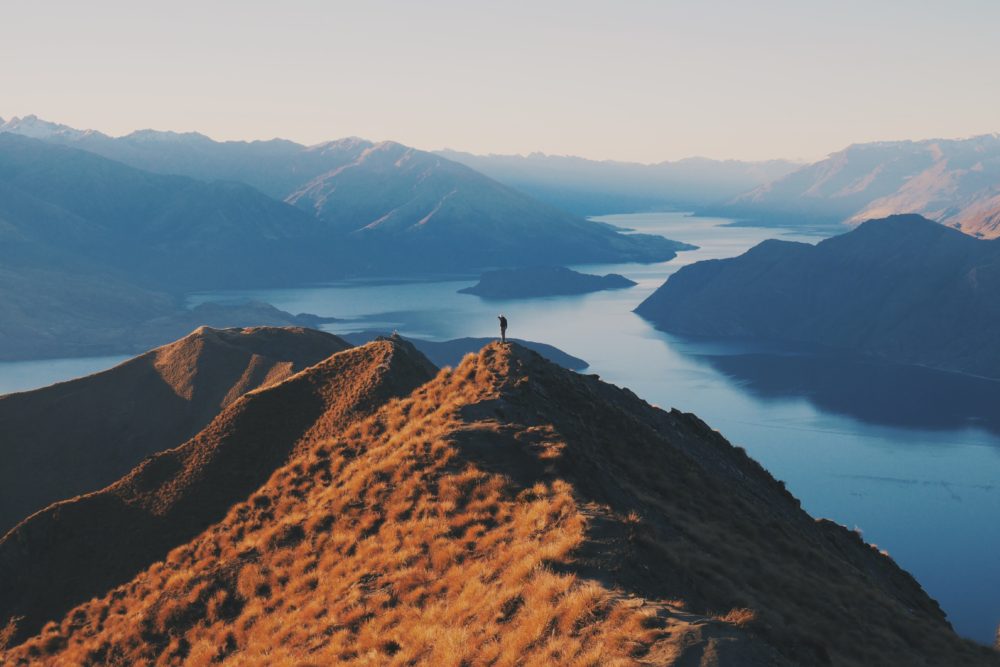Travelling is in our human nature. Witnessing Uluru at sunrise, white water rafting in Queenstown, or participating a food tour of Cancun is how we get to experience our beautiful planet. And while we're all about exploring the world, an increase in the amount of travellers has taken its toll on the environment. Experts say that at least 10% of the 100 million tonnes of plastic we use every year ends up in the oceans. That is not okay!
Tourism is one of the world's largest industries, so now more than ever, it's important to be a sustainable traveller. According to National Geographic, that means engaging in environmentally friendly practises, providing tangible social and economic benefits for local communities, and protecting cultural and natural heritage.
Not sure where to start? Don't fret. Here are 7 ways you can participate in sustainable travel.
Buy local and use local
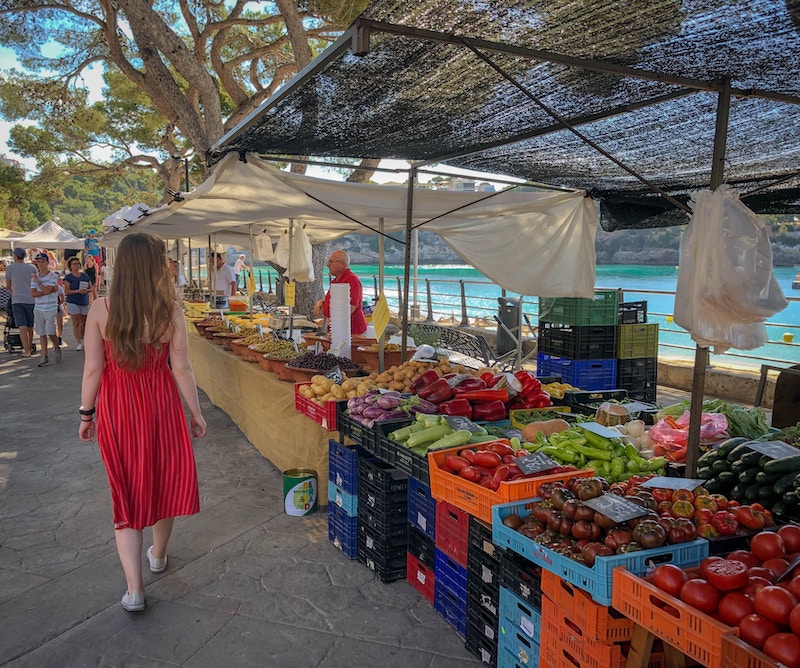
Supporting the local economy is a big aspect of sustainable travel. That means eating at local restaurants, buying crafts and souvenirs from a market, or using public transport whenever possible. This ensures that your contribution to the economy has a direct and positive impact on the community. When buying souvenirs, specifically, make sure you're buying from an artisan who makes the crafts, rather than a gift shop who imports products from China. If you're worried about the language barrier, a guided tour can help you navigate street food and local markets.
Avoid taking a plane if it's not absolutely necessary
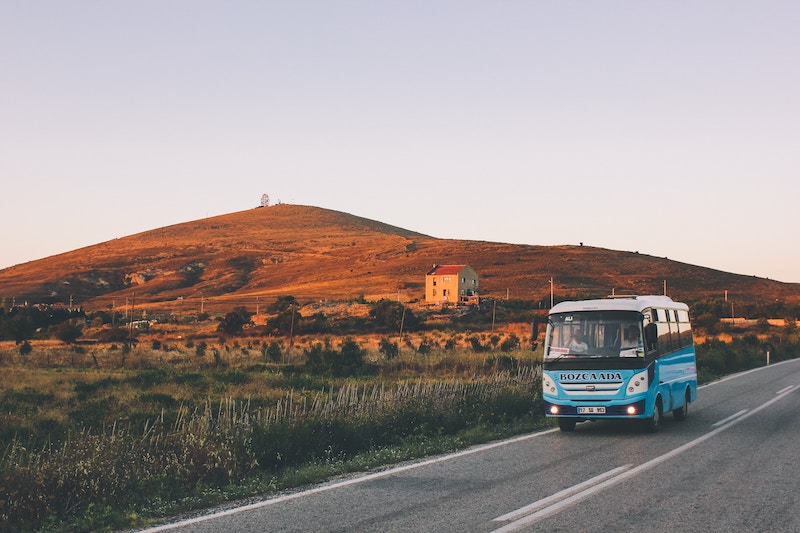
Avoiding air travel is tricky. We know. But let's say you're backpacking Southeast Asia and not entirely strapped for time then taking a bus or train between cities is the best way to reduce your carbon footprint. It's also way better for your budget. And hey, you haven't had a true backpacking experience if you've never taken a 15 hour + bus ride. That's just the facts.
Cut back on plastic
Did you know that about 4.8-12.7 million tonnes of plastic pollute the world's oceans each year? EACH YEAR! That's terrible. Avoid using disposable plastic water bottles or grocery bags when you can. Instead, pack your own reusable container or tote bags to help cut back on plastic waste. This will help you and those you travel with take steps toward being a sustainable traveller.
Choose a reputable tour company

One of the best ways to see and learn about a place is on a guided tour. But with so many options out there, how do you know which ones participate in sustainable travel? Backpacker Deals only works with tour companies who are aware of their impact on the environment. That means they might participate in environmental conservation, employ local guides, protect wildlife, or support cultural heritage. Never be shy to ask the company how they engage in sustainable practices. Check out Backpacker Deals to find hundreds of eco-certified tours around the world.
Prioritize animal welfare
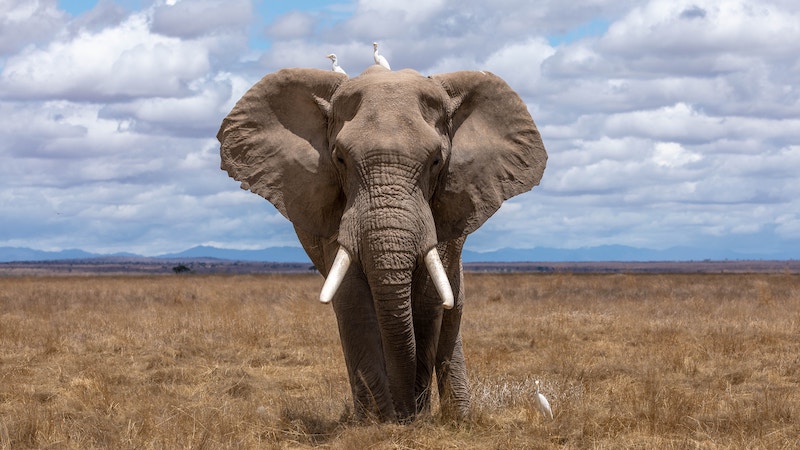
Make sure your travels remain ethical when it comes to interacting with local wildlife. There are plenty of tour operators who take advantage of animals for the sake of tourism. For instance, elephant riding, wildlife selfies, or dancing monkeys is not recommend as the operator may participate in abusive behaviours that cause the animal harm. Practice sustainable travel by not participating in attractions that capture animals from the wild. And when you're visiting coral reefs, be sure to wear reef-safe sunscreen in order to avoid coral bleaching.
Stay in an eco-lodge
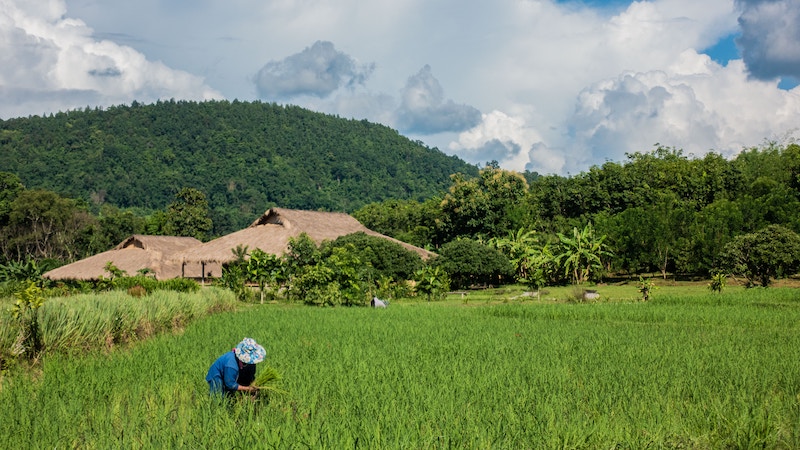
Have you ever tried staying in an eco-lodge? It's a great way to practice sustainable travel! They're usually designed to have the minimum possible impact on the natural environment in which it is situated. That may mean it uses renewable energy technology, it has access to nature guides, it employs locals at fair wages, or handles waste properly. They're usually small and in an natural areas but provides an educational and immersive way of interacting with the local environment.
Give back
Giving back to the local community comes in many variations, but it's important to know that you're giving back the right way. Rather than directly give money to a beggar on the street, donate clothes or non-perishable items to a reputable organization or global non-profits. If you don't have much to donate, lend your time volunteering. As with all of these tips, be sure to do your research before joining a volunteer group. Beach clean-ups are a great way to give back and meet other travellers! For instance, use the hashtag #AdventureBagCrew to join a collective of other world travellers who are cleaning up mountains, jungles, and beaches.

